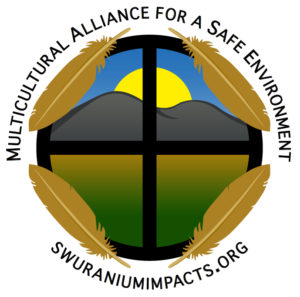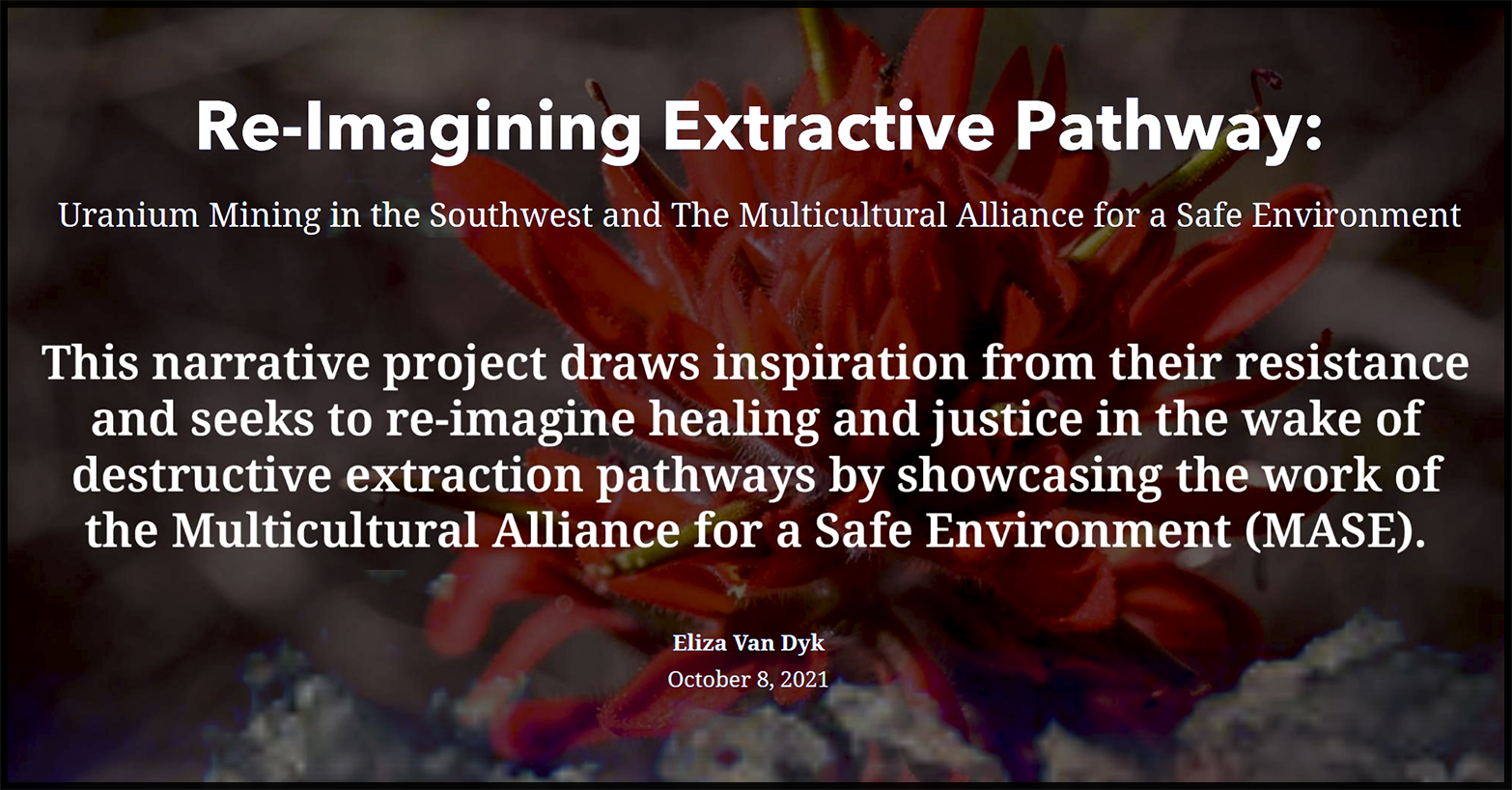Disaster in Japan Reinforces Nuclear Not Safe
Nuclear Power Not Clean, Green or Safe
by Jennifer Marshall
One week after the devastating earthquake unleashed a tsunami in which at least 10,000 people are feared dead, Japan is facing a deepening nuclear disaster. The only good that can possibly come out of this crisis is that the world will reassess nuclear safety in light of Fukushima crisis.
Currently there are 104 nuclear power plants in the United States and operators are seeking permission to build at least 20 more. Obama’s 2012 budget includes $36 billion in loans for the nuclear reactor industry. Can this catastrophe somehow teach politicians, energy executives and the general public that nuclear power is not clean, green or safe?
In Germany, yes. Chancellor Angela Merkel ordered the closure of Germany’s seven oldest nuclear plants on Tuesday.
“We will use the period of the moratorium to speed up the turnaround in energy,” Ms. Merkel told the German parliament. “We want to reach the era of renewable energy as fast as possible.”
Many leaders from New Mexico colleges, the renewable energy industry, non-profit organizations, and state and local governments have been working tirelessly to transition our state away from dirty energy such as coal, oil and gas and uranium mining. It is critical that the U.S. government follows Germany’s lead now.
And as four of the six reactors at Fukushima Dai-ichi have shown signs of possible meltdown, the timing couldn’t be more crucial. The explosion Saturday blew the roof off one building and caused a radiation leak of unspecified proportions, escalating the emergency. A cloud of white-gray smoke from the explosion billowed from the reactor and officials said leaks of radiation from the plant prompted them to expand the evacuation area around the facility to a 12-mile radius.
Geiger counters are being used to check everyone especially people most susceptible, the children and the elderly. Survivors are being given iodine tablets with the hope that thyroid cancer, leukemia and other radiation exposure effects will be minimized with iodine although it only protects the thyroid, not the rest of the body. To date, 100 people have tested positive for radiation.
This earthquake is the most severe in the history of Japan. We know this catastrophic nuclear event is not over. Nuclear destruction can radiate thousands of miles away, and last for many years as we know from Chernobyl. The United States is deploying additional radiation monitors on Hawaii and other U.S. islands.
There are hundreds of families in New Mexico that have suffered health and environmental effects for more than 60 years from uranium mining. Requests for permits for uranium mining in and around the Grants mineral belt should not be granted in the aftermath of this nuclear crisis. It is time for the United States to transition from dirty and unsafe energy sources into renewable energy to embrace a clean, safe future for all.
Jennifer Marshall is the president of the Marshall Plan (www.jmarshallplan.com) and has been working with MASE since December 2010.





